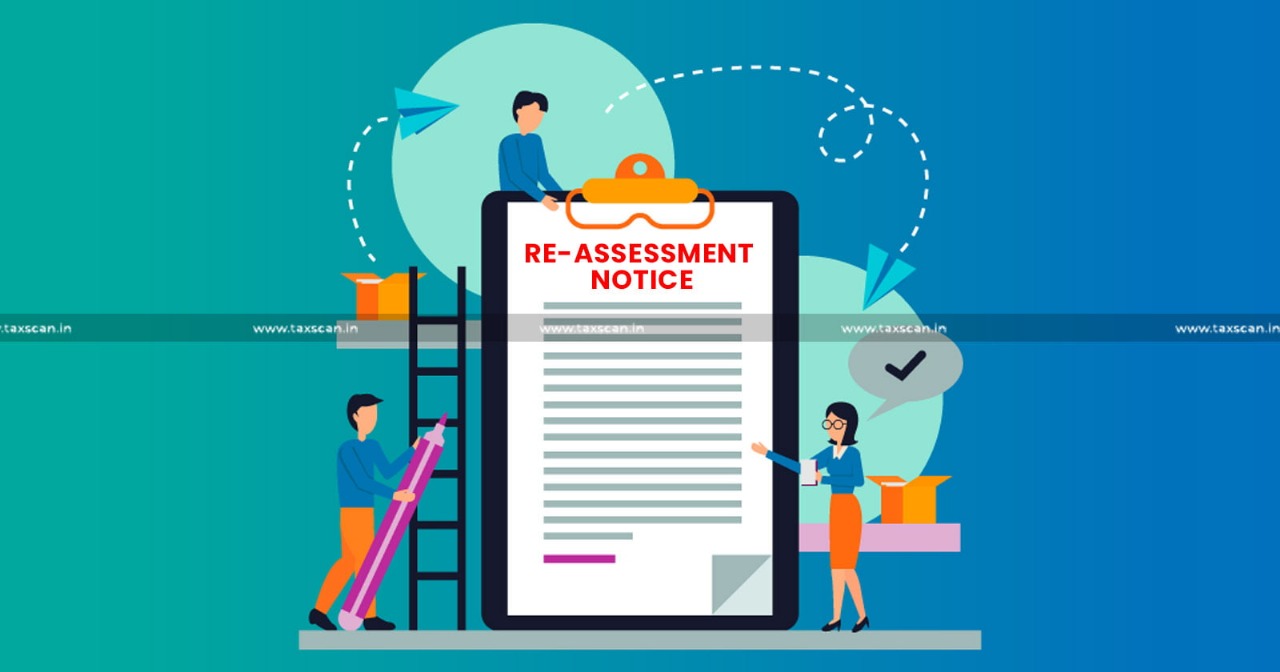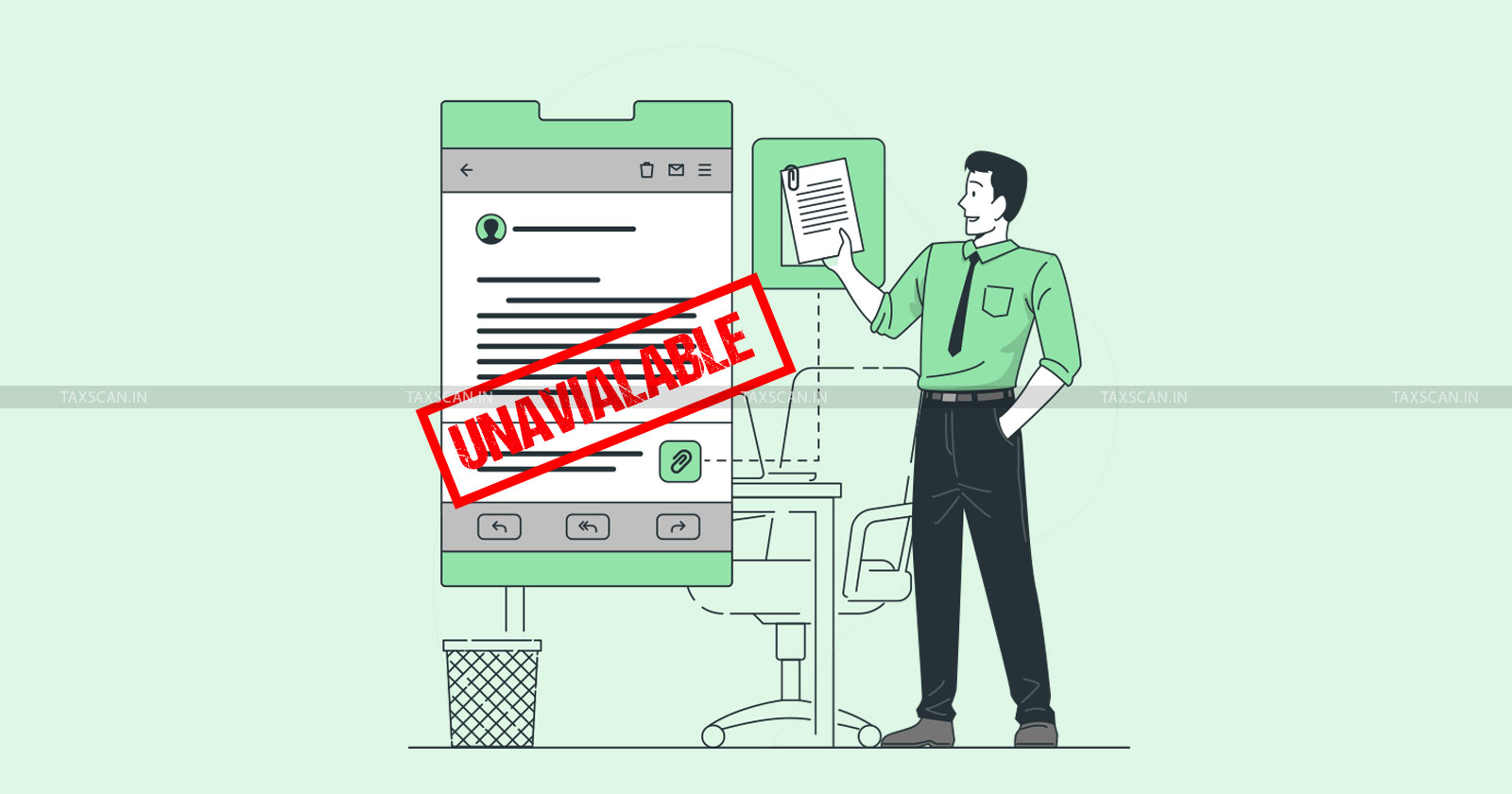Taxpayer Can Raise Objections Before PCIT: Gujarat HC Declines to Quash Section 263 Notice on Demonetisation Cash Deposits [Read Order]
The Gujarat High Court held that writ petitions against Section 263 notices on demonetisation cash deposits are not maintainable as taxpayers can raise objections before the PCIT.
![Taxpayer Can Raise Objections Before PCIT: Gujarat HC Declines to Quash Section 263 Notice on Demonetisation Cash Deposits [Read Order] Taxpayer Can Raise Objections Before PCIT: Gujarat HC Declines to Quash Section 263 Notice on Demonetisation Cash Deposits [Read Order]](https://images.taxscan.in/h-upload/2025/07/11/2062674-gujarathc-lakh-cash-deposit-demonetisation-remands-taxscan.webp)
In a recent ruling, the Gujarat High Court declined to quash a Section 263 notice, holding that the taxpayer has the opportunity to raise objections before the Principal Commissioner of Income Tax (PCIT) regarding cash deposits made during the demonetisation period.
Dayaram Brijbhukhandas, a partnership firm engaged in the business of gold and jewellery, filed writ petitions challenging the Section 263 notices issued by the PCIT, Valsad, for the assessment year 2017-18.
The petitioner’s counsel argued that the assessment under Section 143(3) had already been completed after scrutiny, where the Assessing Officer had examined the cash deposits made during demonetisation and made additions by rejecting the books of accounts based on the gross profit rate.
Complete Guide to Reassessment: Comprehensive Topic-wise Analysis, Circulars, Case Laws & Practical Insights - Click here
 Also Read:Issuance of Reassessment Notice Under Income Tax Act Beyond Limitation Under TOLA: Gujarat HC Quashes It as Time-Barred [Read Order]
Also Read:Issuance of Reassessment Notice Under Income Tax Act Beyond Limitation Under TOLA: Gujarat HC Quashes It as Time-Barred [Read Order]
The petitioner’s counsel argued that the issues of cash deposits, asset value differences, and purchase discrepancies were thoroughly verified during the assessment, and therefore, the PCIT could not assume jurisdiction under Section 263 as the order was neither erroneous nor prejudicial to the interest of the revenue.
The counsel argued that the issuance of the Section 263 notice amounted to a change of opinion, which was not permissible, and that the writ petition should be entertained to prevent unnecessary harassment to the taxpayer.
The income tax department’s counsel argued that the PCIT was justified in issuing the Section 263 notice since the Assessing Officer failed to verify the cash deposits in accordance with the CBDT’s SOPs during demonetisation and that the assessment was completed without proper enquiry and verification, which made it erroneous and prejudicial to the revenue under Explanation 2 to Section 263.
It was argued that under the law, the taxpayer had the remedy to raise objections before the PCIT and, if aggrieved, to appeal to the ITAT, making the writ petition not maintainable at this stage.
The division bench comprising Justice Bhargav D. Karia and Justice D.N. Ray observed that the petitioner had the opportunity to raise objections before the PCIT against the show cause notice under Section 263 and that the petitioners could present all merits-based arguments in those proceedings.
The court observed that the Supreme Court in the Piyara Lal case held that writ petitions are not maintainable against Section 263 show cause notices when effective alternative remedies are available.
Tax Planning For Trusts and cooperation Societies - Click Here
 Also Read:SCN Reply Lacks Supporting Documents Due to Non-availability: Madras HC Sets Aside Order and Remands for Fresh Consideration [Read Order]
Also Read:SCN Reply Lacks Supporting Documents Due to Non-availability: Madras HC Sets Aside Order and Remands for Fresh Consideration [Read Order]
The court found that the petitioners could submit their objections before the PCIT, so the writ petitions challenging the Section 263 notices were not maintainable. The court held that the petitions were not required to be entertained at this stage and dismissed them while allowing the petitioners to submit objections before the PCIT within four weeks, which the PCIT was directed to consider in accordance with law.
Support our journalism by subscribing to Taxscan premium. Follow us on Telegram for quick updates


